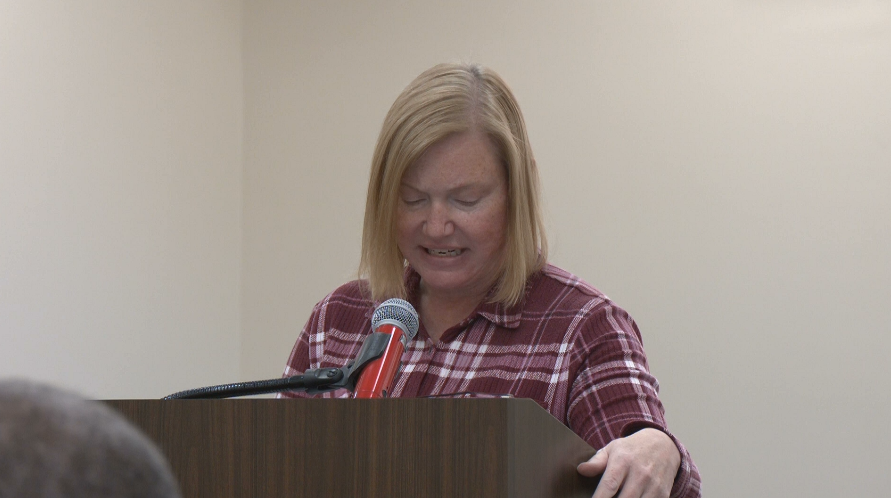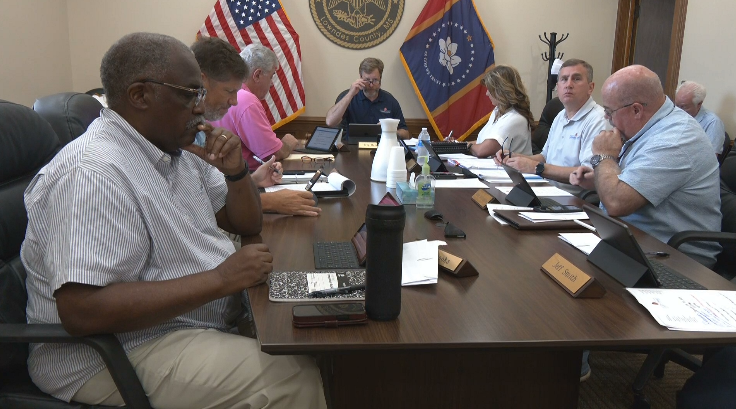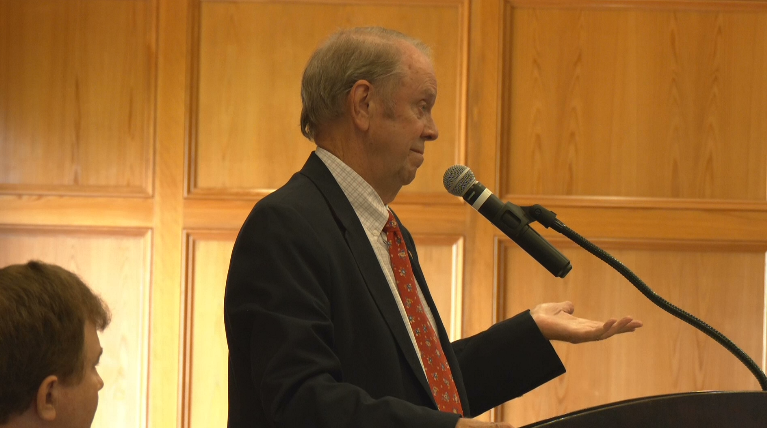Five life philosophies from Norman Lear
Among his many accomplishments, Norman Lear has created iconic television programs such as “All in the Family,” “Maude,” “Good Times,” “The Jeffersons” and “Mary Hartman, Mary Hartman.”
Lear joined the “CBS This Morning” podcast with his daughter, Kate Lear, and son-in-law, CBS News chief medical correspondent Dr. Jon LaPook.
At the age of 97, Lear shared what has contributed to his worldview and what he has learned about aging gracefully. Listen to the episode and check out five of his life philosophies below.
“Every man is my superior”
DR. JON LAPOOK: You have influenced so many people — who has influenced you? Does anybody in particular come to mind?
NORMAN LEAR: I say the first thing that comes to mind, and that answer is virtually everybody. This may be the single most important, to me, piece of philosophy I’ve ever read — in a moment I’ll remember who I think said it — but the line is, “Each man is my superior in that I may learn from him,” and I have found that to be absolutely true.
Somebody doesn’t have to be a professor. Somebody can be just knocking on your door, or somebody can be selling you something on the street, or somebody can be peddling wherever, and you have a reasonable conversation, and suddenly you heard something you hadn’t heard before or something the person you feel is about suggests just something you haven’t thought before.
KATE LEAR: I have watched him be in intense conversations where anybody is the only person in the room, and it could be, well, whoever, a taxi cab driver, the person who’s serving him his soup at dinner. It could be the queen of a country, and he has the same ability to zero in and focus on that person and take away whatever pieces of magic he can find.
Laughter is the key to longevity
NORMAN LEAR: I believe, as much as I believe anything in this life, that laughter adds time to one’s life. And if I’m in good shape at 97 I can — I am so confident that I owe it as much — I owe it to a lot of factors I don’t begin to understand, I’m sure — but I certainly understand laughter. I understand what it means for me to laugh, to be in a group of people who laugh. And this is the picture everybody doesn’t get to see as often as I have. But standing in back of an audience when something terribly funny is being presented to them and when they belly laugh, they tend to rise slowly out of their seats, the bodies go forward and the bodies come back as one, and if ever there was a deeply spiritual moment, that certainly is it.
“Even this I get to experience”
DR. JON LAPOOK: There was a time when you had some reversals in business fortunes and you thought you might be going bankrupt. And you told me that, fortunately, something’s changed, and two months later you’re fine. But at the moment you and I were together talking, you thought you were gonna go bankrupt. And you said to me —
NORMAN LEAR: And may I marvel at the fact that in a life that had been going so well, everything turned, and even this the darkness I get to experience.
DR. JON LAPOOK: Which is so amazing.
NORMAN LEAR: I hear it coming back to me, and I like that a lot. I think it’s reasonable — it’s an accepting philosophy, and I’ve never had the opportunity to say that, never thought about it that way: an accepting philosophy. I like the idea of an accepting philosophy because life is what it is.
KATE LEAR: And I think it allows you to go deeper into whatever it is you’re feeling when you have a reversal. It allows you to not run away from it. If you think even this I get to experience, you take it seriously. You try and learn the lesson that it’s trying to teach you.
“We all live lives within lives”
DR. JON LAPOOK: [There is another] Norman concept that we all live lives within lives. You said you had a life you had lived with your first wife and the life you had when you had all the families on television and the life you have now and —
NORMAN LEAR: Yes, this life as somebody who gets a standing ovation because the number 97 precedes him whenever he’s introduced now. So 97 earns, it seems, an ovation.
DR. JON LAPOOK: But, Norman, I will give you credit. I’m an internist and gastroenterologist. I see people all the time who are sick, who are very sick, and I have used a lot of your philosophies, I really have. And one of them is we all live lives within lives. I’ve used that phrase because when somebody has lost somebody dear to them and they’re trying to struggle with it and it’s the year of magical thinking and they’re just wondering how do you get on to the next phase. I’ve talked about that, and I’ve quoted you, you know, this is the next life. That’s hard, but it doesn’t mean you forget the other life.
NORMAN LEAR: You’re only in one life lived among many.
DR. JON LAPOOK: Among many.
NORMAN LEAR: I’m often asked, and I often think, you know, what do you regret? And the fact is I made a lot of mistakes, a lot of things went wrong, there are doom and gloomy periods and so forth. But I don’t regret a thing because it took every bit of all of that to get me to this moment where I’m looking at my daughter, Kate, as I’m saying this in this microphone, as a consequence of having a son-in-law who is related to CBS and wanted to do a podcast this morning.
“Over next”
KATE LEAR: “Over next” is an extraordinary philosophy that, that my father has always had, but he didn’t really describe it that way until maybe his 80s. He began to articulate it that he has this “over next” philosophy where this is the moment you’re in. And then the next moment is going to come, and that is the moment you will be in. So the idea of, you know, feeling sad, depressed or whatever over a moment ending precludes you embracing the moment that’s about to begin.
NORMAN LEAR: Yeah. When something is over, it’s over, and you’re on to next, whatever next happens to be. I thought, if there was a hammock in the middle of those two words, that would be the best definition I know of living in the moment: accepting that hammock between over and next.





Leave a Reply